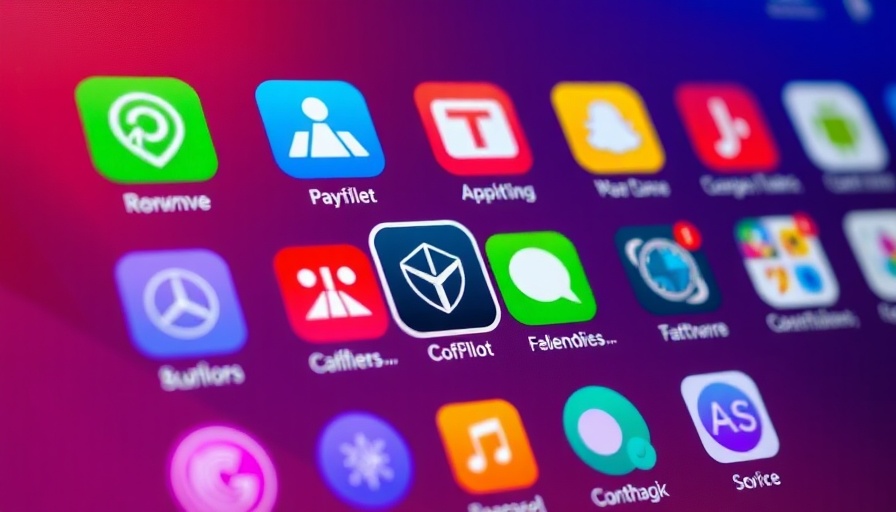
Microsoft's Shift Towards In-House AI Models
Microsoft is embarking on an ambitious journey to reduce its reliance on OpenAI by developing its own family of AI models. Recently, the tech giant announced that employees at its AI unit have concluded training on a new series, internally referred to as MAI. The company's strategic move is led by Mustafa Suleyman, the AI chief, who aims to shape a robust AI framework for creating applications like Copilot while fostering innovation.
The Rise of Multi-Modal AI
In a previous announcement, Microsoft introduced two new models: Phi-4-multimodal and Phi-4-mini. These models are noteworthy as they can interpret various input formats such as text, speech, and vision, akin to functionalities offered by OpenAI's ChatGPT and Google Gemini. The Phi-4 model has reportedly outperformed Google's Gemini 2.0 series in benchmarks, demonstrating Microsoft's commitment to equipping developers with more versatile AI tools.
Competing on the AI Frontier
The technology space has witnessed an ever-increasing competition, with Microsoft now exploring third-party AI options like DeepSeek and xAI. DeepSeek has been particularly impressive, boasting a cost-to-profit ratio of over 500%, leading to its quick adoption among developers and companies. Microsoft aims to harness these innovations to make Windows a leading AI platform and is keen on integrating cutting-edge solutions from various providers.
The Tensions with OpenAI
Despite the close ties, Microsoft’s collaboration with OpenAI seems to be under strain. Reports indicate that disagreements over technology sharing have prompted Microsoft to expedite the development of its reasoning AI models, which are in direct competition with OpenAI’s offerings such as the GPT-o series. This shift highlights the complex dynamics in a sector where transparency and technology sharing are crucial.
Future Implications for AI Models
The race to develop next-generation reasoning models underlines a broader industry trend focusing on advanced understanding and logical deduction capabilities that go beyond simple response generation. As Microsoft invests further into AI research and development, the implications of this shift may reshape how businesses and users interact with technology and leverage AI's capabilities in everyday tasks.
Actionable Insights for AI Enthusiasts
As these developments unfold, there are several key takeaways for AI lovers:
- Stay Informed: Keeping up with industry shifts can help enthusiasts and professionals alike understand how emerging technologies can impact their work and personal lives.
- Embrace New Tools: As Microsoft rolls out its MAI models, exploring their applications in various tasks might unlock new efficiencies and capabilities for users.
- Engage with Communities: Participating in discussions and forums about evolving AI technologies can provide valuable insights and foster collaborations among enthusiasts.
With Microsoft's initiatives enhancing AI capabilities, staying engaged with such rapid advancements in technology will undoubtedly provide numerous opportunities.
If you want to keep up to date with the latest developments in AI news and feed, consider joining forums and subscribing to leading AI newsletters. Understanding these trends could not only enrich your knowledge but also enhance how you leverage technology in your own projects.
 Add Row
Add Row  Add
Add 




 Add Row
Add Row  Add
Add 

Write A Comment